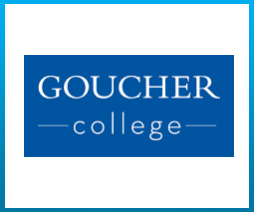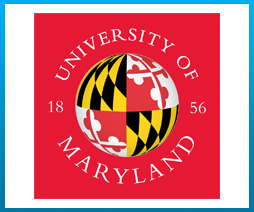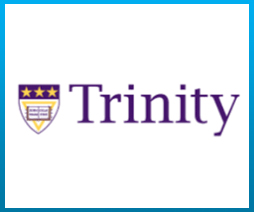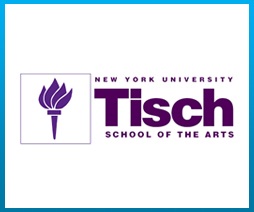Teaching

Berlitz Instructor
Teacher of Spanish and English for Berlitz Amsterdam and Berlitz The Hague since August 2017. It’s been amazing! I teach one-on-one at the Berlitz centers as well as groups all over the Netherlands.

Artist-in-Residence, Goucher College, Baltimore, MD, 2014
I directed a bilingual production with Goucher students and recent Latinx immigrants based on personal experience narratives.

Adjunct Instructor, University of Maryland, College Park, MD, 2012
American Humor: The course explores recurrent characters, situations, and themes in American humor from the Colonial era through to the present. Students study how humor constructs identity and exposes difference and how it expresses and mediates important social and cultural concerns including politics, religion, race and ethnicity, gender and topical issues within the umbrella of “American culture.”

Adjunct Instructor, Trinity Washington University, Washington, D.C., 2011 to 2012
Spanish Language: Introduction to Spanish grammar, conversation, and Latinx culture.

Adjunct Instructor, Department of Drama, Tisch School of the Arts, New York University, 1993 to 2011
I conceived and developed each one of these courses:
- Solo Performance: Through a series of playwriting, performance, and journal exercises, students work toward a personal, autobiographical show. At the same time, students study the solo performances of Anna Deavere Smith, Lily Tomlin, John Leguizamo, Sarah Jones, Eric Bogosian, Whoopi Goldberg, and others.
- American Acting Traditions: Students learn about the different acting theories from Stanislavski to the present. Guest lecturers from different conservatories and theatres discuss current teaching philosophies.
- Introduction to Theatre Studies: Using a selection of plays, theoretical and critical essays, and performance, this first-year course introduces students to core areas of theatre studies: the movement from page to stage, approaches to theatre history and performance theory, and the relationship between the theatrical event and the world. Students study the concept and metaphor of “translation” as they learn how to discuss and analyze theatre. Students study and apply principles of solo performance and playwriting.
- The Theatre of the 20s and 30s: Students are introduced to U.S. theatre and culture dominant between the two great wars. Students study Dorothy Parker and the Algonquin Round Table against the backdrop of my one-woman play based on Parker.
- What’s So Funny About New York?: The course explores the role of humor in the performance of New York through a variety of venues and media: TV, film, theatre, literature, narratives, and standup comedy. Students write and perform their own standup material at leading NYC clubs. This course has been written and/or talked about in/on radio’s WOR (morning talk show), Marie-Claire (French edition), The New York Post, and the Fox Cable news program 212.
- The Theatre of Love and Violence: Tennessee Williams and García Lorca: The course explores the major motifs, symbols, and mythologies of these two poet/playwrights. Through a close study of content and form in their plays, students examine the relationships between different styles of writing for the stage. The course looks at the paradoxes inherent in drama and exemplified by Williams and Lorca: the space where there is, in Williams’ words, “endured but unendurable pain.”